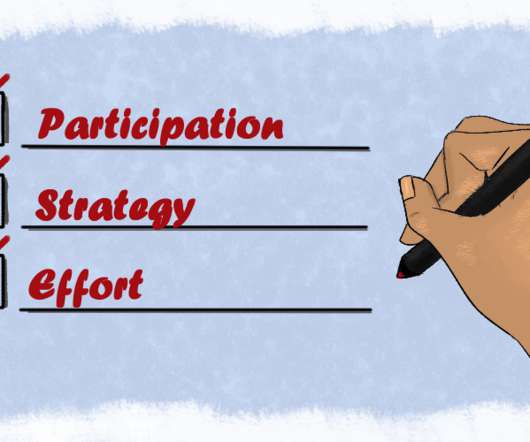Six Books About Skills You Need To Succeed in A Networked World
Beth's Blog: How Nonprofits Can Use Social Media
DECEMBER 23, 2011
So that’s why I do a lot of reading outside of my main discipline and think about how the concepts might apply to being an effective networked nonprofit.). Here are six fantastic books that I read this year that help you gain 21st century skills like learning from failure, reflection, visualization, and more. Schoemaker.












Let's personalize your content